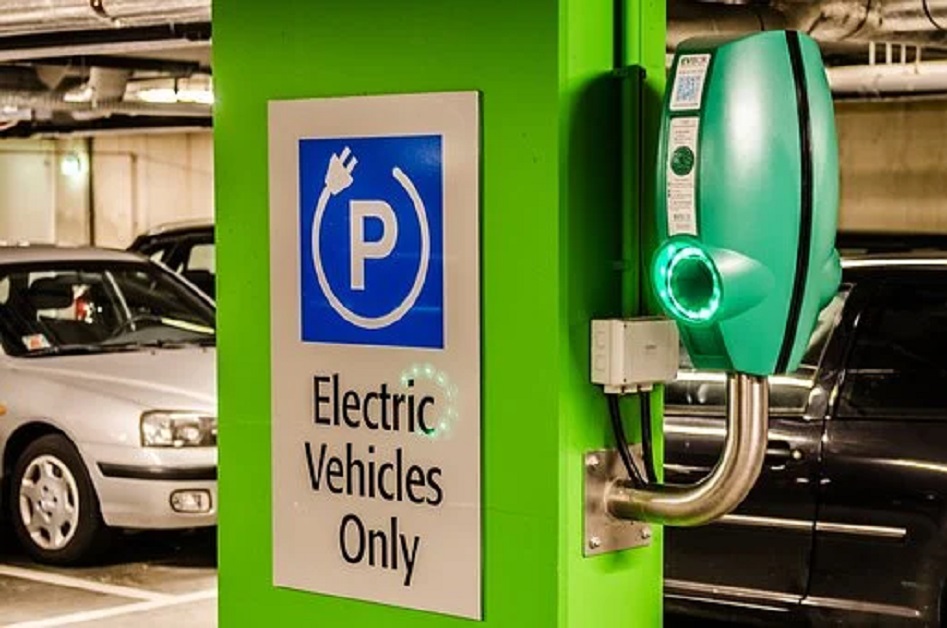
For some time now, HEV, PHEV and EV have taken a center stage in the world of automobiles. Only a day or two ago, across the border, Shah Rukh Khan unveiled Hyundai Ioniq, a compact liftback EV at India’s Auto Expo 2023. These three terms are often thrown around assuming that the reader would know everything about them. While most may know all or enough there is to know about these new automotive technologies, not everyone does. This blog is for those who are trying to grasp the basics of HEV, PHEV and EV. More importantly, here you’ll get enough information to assess whether you should go for an HEV, PHEV or an EV.
So, let’s begin.
HEV vs PHEV vs EV: The Basics
Hybrid Electric Vehicles (HEVs), Plug-in Hybrid Electric Vehicles (PHEVs), and Electric Vehicles (EVs) are all types of vehicles that use electric power to some degree, but they have distinct differences in terms of how they use and store that power.
How Do They Work?
HEVs are powered by both a traditional internal combustion engine (ICE) and an electric motor. The electric motor is used primarily for low-speed driving and to assist the ICE during acceleration. HEVs also use a rechargeable battery and a generator to capture and store energy that would otherwise be lost during braking, a process called regenerative braking. The battery in an HEV is typically smaller than those in PHEVs and EVs, and it is not intended to be recharged by plugging it into an external power source. Instead, the battery is charged by the generator and by the ICE when the vehicle is running.
PHEVs are similar to HEVs in that they also have both an ICE and an electric motor, but the main difference is that the battery in a PHEV can be recharged by plugging it into an external power source. This allows the vehicle to run on electricity alone for a short distance, usually between 10 and 50 miles, before the ICE kicks in to provide additional power. The battery in a PHEV is larger than that in an HEV, and it can typically be fully charged in a few hours using a level 2 charger.
EVs, on the other hand, have no ICE and rely solely on an electric motor for propulsion. They have a large battery that is recharged by plugging it into an external power source, and they can typically travel between 150 and 450 km on a single charge. The battery in an EV can typically be fully charged in less than an hour using a level 3 charger.
Which One Suits You The Most?
One of the main advantages of HEVs and PHEVs is that they can use the ICE as a backup power source, which means they have a longer range and can be refueled more quickly than EVs. This makes them a good option for people who frequently travel long distances or who are concerned about being stranded with a dead battery. However, HEVs and PHEVs are also typically more expensive than traditional combustion engine vehicles, and they may not produce as much overall savings on fuel costs.
EVs, on the other hand, offer a much lower cost of ownership over time, if electricity is cheaper than petrol, and maintenance costs for an EV may also be lower than for a traditional vehicle. However, the initial cost of an EV can be higher than for a traditional vehicle, and the charging infrastructure in Pakistan is currently not as widespread as the traditional fuel infrastructure.
In conclusion, HEVs and PHEVs are a good option for people who want the benefits of electric power but are concerned about range and refueling, while EVs are a good option for people who are willing to make a larger upfront investment and who primarily drive within the range of a single charge. Both HEVs and PHEVs will have a traditional internal combustion engine as a backup power source, while EVs have no such backup power source.
HEV vs PHEV vs EV: Your Options in Pakistan
If you are interested in buying one of these vehicles, you should check out OLX Pakistan’s Motors Page. Under Explore OLX Motors, you can click on Car Comparisons and compare, for example, Haval H6 HEV with MG HS PHEV.


You will find detailed information on:
- Price
- Specifications
- Features
- Safety
- Entertainment
- Comfort
- Interior
- Exterior
- Much more
In short, you’ll have a complete picture in front of you, which will help you make an informed decision.
Let us know if you found this blog helpful. Also, if you own a HEV, PHEV or an EV, let us know whether you would recommend others to own one, in the comments section below.
You may also like to read:
Haval H6 Hybrid Vs MG HS PHEV: A Comparison of Two Chinese Hybrid SUVs
Haval H6 HEV Vs Toyota Corolla Cross Low Grade: The Best Hybrid SUV?








Electric may be good for local in city usage but for long tradition vehicle are good
But we should consider hydrogen fuel cell technology as well as refill on hydrogen gas is much better than this typical electric or semi electric hybrid cars